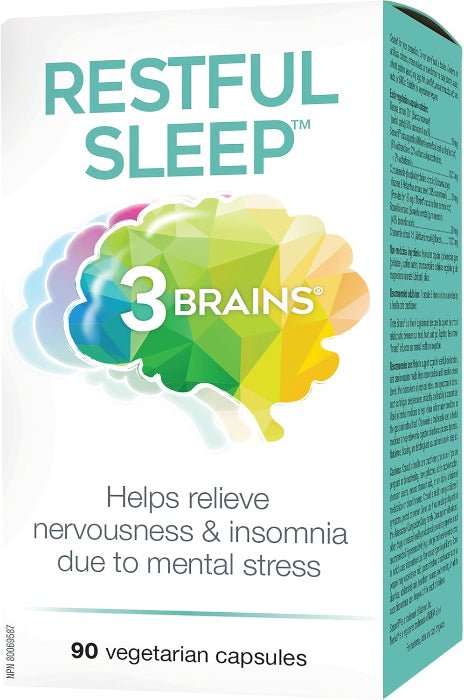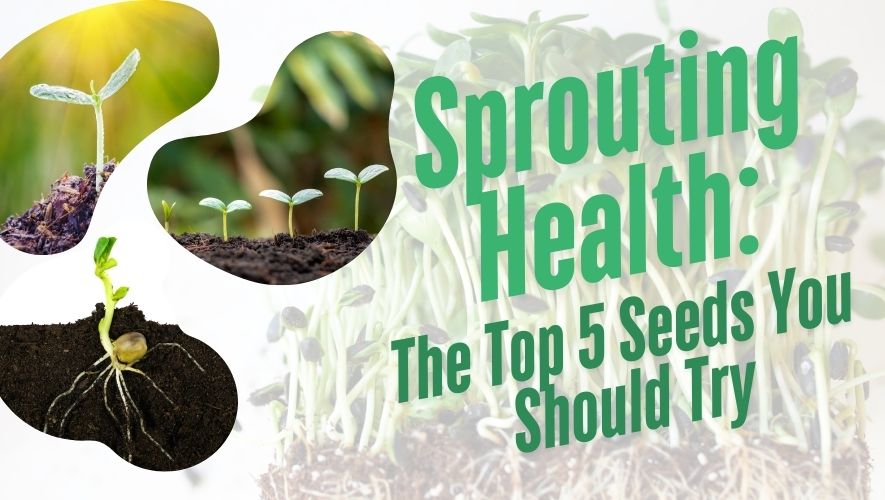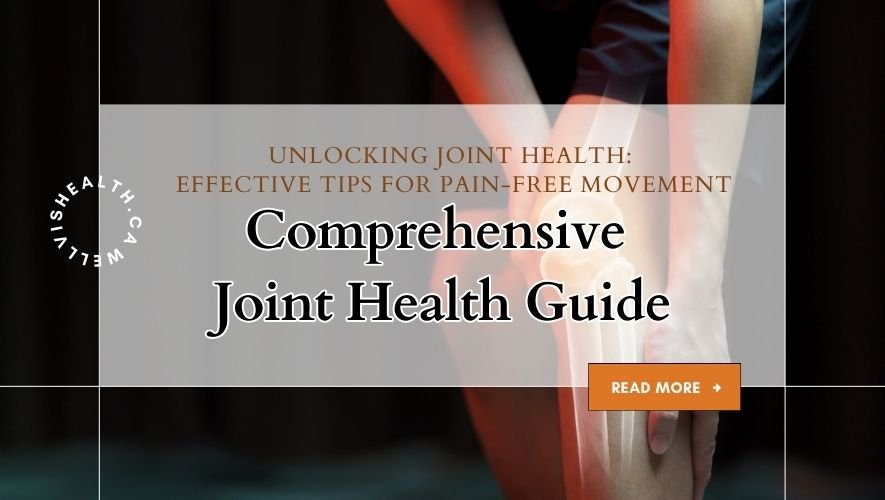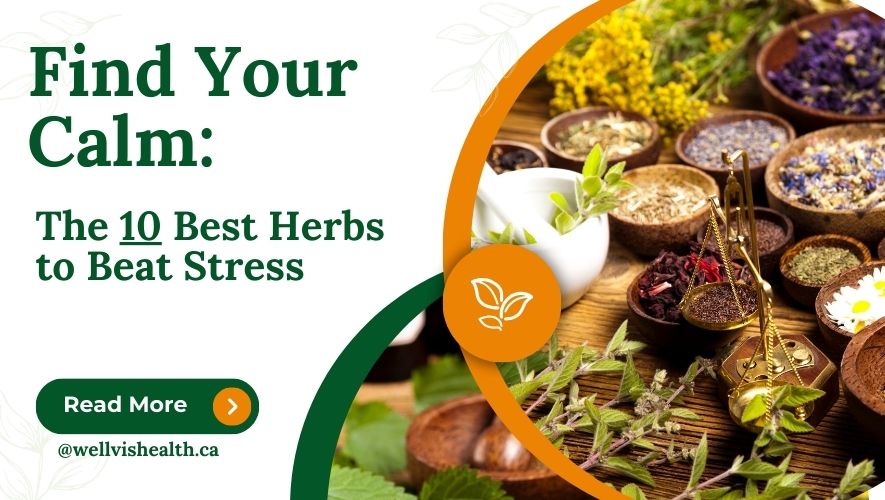An anxious feeling is a fear in response to stress or new events, such as in a new environment, meeting new people, or your first date. It's normal to experience some level of anxiety in occasional circumstances; it's also part of ordinary biological reactions. However, if the anxious feeling is extremely intense, interfering with your daily activities, or persistent fear for a long period, (ie, more than 6 months) it implied an underlying anxiety disorder. Immediate actions of medical care are required to prevent getting serious.
Anxiety disorder can affect all ages and both genders, females have a higher incidence. Some symptoms of an anxiety disorder include (but are not limited to) increased heart rate, rapid breathing or shortness of breath, trouble concentrating on a task, sleep problems, restlessness, spontaneous sweating, etc. Some serious cases may include persistent nightmares and panic attacks that are required emergency and medicine.
Anxiety disorder could predispose to other types of mental health issues, like depression. Conventional treatment of anxiety disorder focuses on psychotherapy (mainly counselling) and medication. Most prescribed anxiolytic drugs have side effects, including addiction, depression, seizures, sexual dysfunction, headache. Drugs, such as SSRIs and SNRIs, tend to manipulate the brain chemistry.
The research found that Cognitive Behavioural Therapy or CBT is one of the most effective and safe treatments for managing and reducing anxiety in the long term. Adding medications with CBT gives extra therapeutical value. However, CBT requires patients' high compliance and specialist to follow up. Thereby, the cost is significant.
Lifestyle and diet changes are also effective methods to relieve stress and anxiety. There is also extensive research having been done on natural remedies in managing anxiety.
Some commonly used anxiolytic herbs include Kava (Piper methysticum), Passionflower (Passiflora incarnata), Skullcap (Scutellaria lateriflora), Ashwagandha (Withania somnifera), lemon balm (Melissa officinalis), Rhodiola (Rhodiola rosea), and lavender oil.
Supplements include Vitamin B-Complex, B6, omega 3 fish oil, and inositol. Gamma-aminobutyric acid (GABA), L-theanine, tryptophan and 5-hydroxytryptophan (5-HTP) have a calming effect and are reported to promote relaxation, could also help with anxiety.
Some herbs or supplements stimulate neurotransmitter synthesis and can adjust brain chemistry imbalance.
Having a professional physician to assess the severity of your condition is critically important. Moderate-to-severe anxiety is not recommended by self-management or self-medicated. Again, CBT is the most effective treatment for anxiety. Having a practitioner to counsel and guide through the thought-cognition process is the right track.










